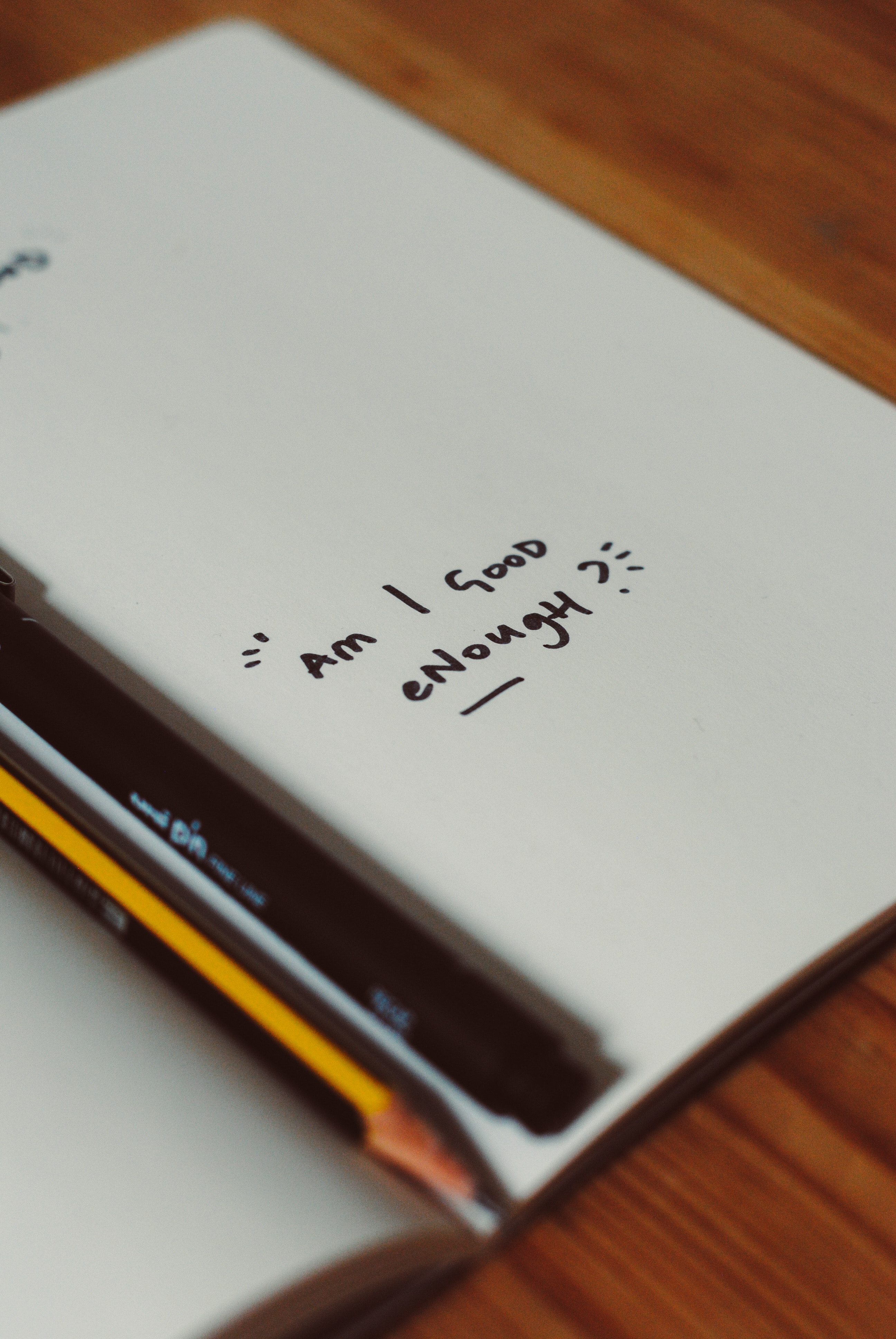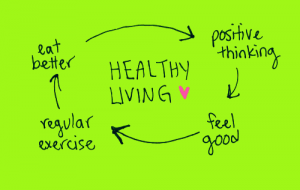Life is a series of moments called NOW.

“Now, what?”
What the hell I am going to do now?
Have you already asked yourself like this?
Surviving from any traumatic experiences, such as abuse (sexual, physical, or emotional), neglect, life-threatening accidents, separation, loss of loved ones, and cancer — making a new beginning is never easy.
Let’s get more realistic and brief here.
Knowing that I am a cancer survivor, then I started my blog one year later, people may think that writing is the only way that helped me in overcoming these many traumatic experiences in my life before. The separation from my two kids, defamation about me on the internet, and of course, CANCER – they are all very traumatic. Does writing my journal really help me?
Not really.
The truth is, writing is only for a few people. And it’s most likely one of the things most people don’t want to do.
Why?
Writing a traumatic experience where you can express the truth within yourself and explore your deepest emotions might be not the right way for you to do. Because you will tend to be more emotional and won’t stop dwelling on the negative stuff and you will start to become very anxious. It will keep you stuck in your pain and distress and you will just make a bad situation even much worse.
Here are some quick tips what I did during the bleakest and darkest moment in my life. It’s the 5-month moment while I was dealing with my PTSD:
- Have enough sleep.
After my radiation treatment, sleep is one of my worse enemies. I could not get enough sleep since I was still working at that time as a teacher. Little did I know that I was experiencing a PTSD where insomnia is one of the signs a person can experience where it usually begins after a series of traumatic events happened. There are many ways to improve our sleep, BUT the more natural you can cure your insomnia, the safer your health will be. The importance of sleep is the most essential thing you can do especially when you are facing such traumatic experiences that can affect your health. - Develop your self-compassion. Have you ever stopped and examine yourself, “When was the last time I was empathetic to myself?” Were you able to examine how yourself was suffering because of the destruction of other people has made you or cancer has brought to your life? Knowing that cancer has already inflicted you and give you so much pain physically, were you trying to be kind to yourself and look for solutions about not to being stuck in the isolation that cancer brings? Or you maybe experience another traumatic incident that makes you less, inadequate or a catastrophe. The more we focus on the events happened in the past, the more we make our self suffer. So how do we practice self-compassion? There are three important elements where you can show self-compassion towards yourself. Those are self-kindness, common humanity, and mindfulness. Self-kindness – from the word itself, just simply be kind to yourself. How? By simply start forgiving yourself before forgiving other people. Sounds difficult I know. I found it difficult, too. But that was before. When I finally learned how to forgive myself, I also learned how not to trigger my emotions especially when there unexpected nasty events might happen in my life up to now. Common humanity – embrace it. When you did it with compassion, it does literally mean “to suffer with”. Okay, you may be suffering now; adding to that, “to suffer with”, how can you possibly do that? First of all, having a painful experience is not your fault. You have cancer and you ask yourself “Why, me?” Or you maybe lose your job and start self-pity with yourself and getting jealous of other people. Stop and examine again yourself. Have compassion to yourself and be more understanding and less judgemental about your incompetence, imperfection or being unhealthy. Never attack yourself in a negative way unless you don’t love – YOU (yourself).Mindfulness – validate your emotions, whenever you feel happy, claim it! When your sad, angry – feel them! If you fight the emotions and deny for owning them, there is a great possibility of increasing your emotional distress, especially. So, why should you be so harsh to yourself when you can be actually really nice and yourself will thank you back if you allow yourself to be sensible.
- Put yourself back together (one more time).
Ask yourself, “Who am I?” and “What am I going to do now?” Another way to examine yourself is to discover again who you are and exploring how can you start all over again – ALONE. Yes, no one can help you put yourself back together. There’s only YOU can do that.
By doing this “what now” moment, it does mean that yourself needs a timeout and reset.
Take a holiday, do something different or you haven’t done for years, stop pretending you are okay, do some yoga or meditation. There are many ways you can do where you deserve to have.

My name is Cielo, the author of “The Cancer Voice Asia”, a blog that aims to support and inspire anyone who is facing cancer. I know how it feels to be diagnosed with a rare and aggressive type of cancer, Leiomyosarcoma, at the age of 29. I know the challenges, the fears, the hopes, and the joys of living with cancer. I want to share my story with you and connect you with others who understand what you are going through. Together, we can empower ourselves and fight against the disease. Join me on this platform and let’s make our healing journey a meaningful one.





